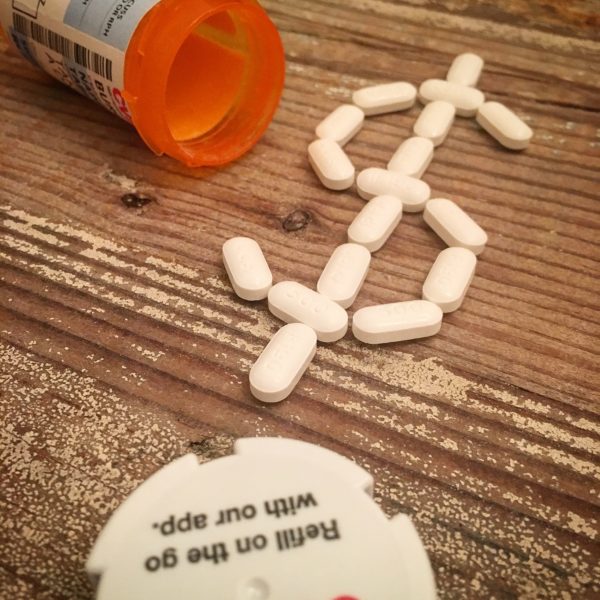On October 3, 2016, the U.S. Attorney for the Northern District of California announced that three California orthopedic clinics will pay a combined $2.39 million to resolve allegations that they violated the federal and California False Claims Acts. The clinics were alleged to have billed federal and state health care programs at highly inflated rates for reimported osteoarthritis medications, known as viscosupplements. Of the $2.39 million settlement, Orthopedic Associates of Northern California, located in Chico, California, will pay $815,794; San Bernardino Medical Orthopaedic Group Inc., headquartered in Redlands, California, will pay $971,903; and Reno Orthopaedic Clinic, headquartered in Reno, Nevada, will pay $602,335.
The case was initially filed under the qui tam provsions of the False Claims Act by a whistleblower who is a manager in the Biosurgery Division of Sanofi S.A., which manufactures Synvisc, one of the reimported viscosupplements. Under the qui tam provisions, private citizens with knowledge of such fraud against the government may bring a civil action on behalf of the government. If the case is successful, the government can recover three times the amount the defendants fraudulently billed the government. The whistleblower, who originally filed the case, is entitled to 15%-30% of the government’s recovery plus their attorney’s fees.
The clinics’ scheme functioned by purchasing deeply discounted viscosupplements that were reimported from foreign countries, then the clinics billed the government healthcare programs for these medications, which reimbursed the clinics at a set rate based on the average sale price of the domestic medications, resulting in huge profit margins for the clinics. To protect against such schemes and to protect patients, billing for reimported pharmaceuticals is expressly prohibited by government health care programs. The reimported products allegedly included labeling in foreign languages and in English for additional uses not approved in the United States, which demonstrated that the product was reimported. Moreover, because the product was reimported, the government alleged there was no manufacturer assurance that it had not been tampered with or that it was stored appropriately.






Talk with an Expert
Frohsin Barger & Walthall
Call 205.933.4006 or
Send us a Message